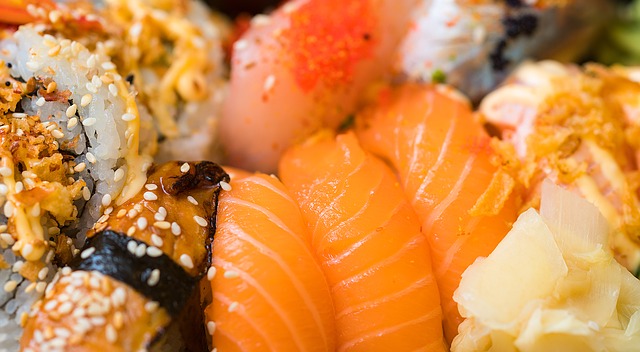The reverential month of Ramadan edifies us to discipline our lives, give up bad habits and practice restraint in all spheres of life — the goal being to cleanse our soul and make ourselves stronger. To help you choose the right foods during the holy month, we have prepared a guide, loaded with many healthy food choices to keep you energetic and nurtured all through Ramadan.
PRELIMINARY PREPARATIONS
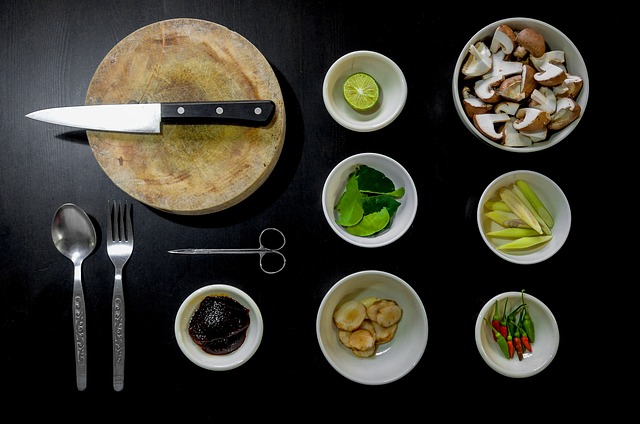
Don’t: Avoid using butter and ghee in cooking
Do: You should choose fresh vegetables as they contain higher amounts of vitamins and minerals.Use fresh fruits to prepare juices and serve them in moderation without adding sugar. Prefer low-fat milk and other low-fat dairy products.Try using lean meat, fish and skinless chicken. For you to get all the nutrients needed by the body, your meals should contain all the basic food groups (bread and grains, fruits and vegetables, meat and legumes, milk and dairy products).
MEAT AND OTHER PROTEIN SOURCES

Don’t: You should avoid fried chicken and duck. Fatty meats, organ meats, hot dogs and sausages are also not advisable. Reduce also amounts of prawn, shrimp and shellfish. In terms of meats, red meat generates free radicals, which constantly snag electrons from your healthy cells, damaging them in the process. This damage ultimately affects your skin’s ability to protect itself and generate collagen, making you look older than your age.
Do: White meats and fish are the best way to get your daily dose of proteins. For the cooking process, prefer grilled or boiled skinless chicken or turkey because it assures the supply of nutrients. Furthermore, eat 3 times eggs per week (including eggs in cooked foods) because it will help you have the sense of satiety.
MILK AND DAIRY PRODUCTS
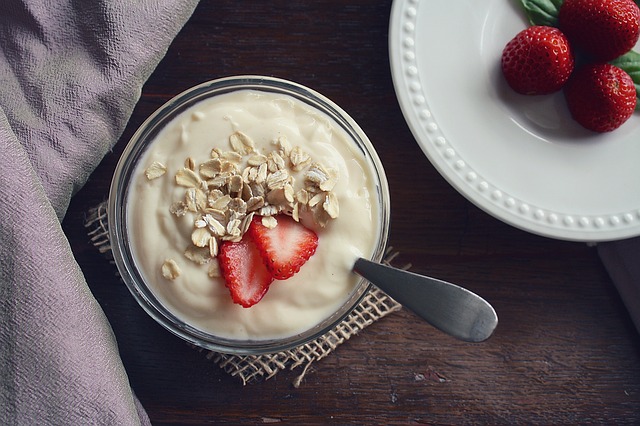
Don’t: Eating ice cream and whipped cream will make you feel hungry, faster. By this way, avoid full cream yoghurt and full cream cheeses especially yellow cheeses too. Creamy and cheese sauces are not advisable. And especially for those with oily and combination skin should avoid drinking lots of milk because it can trigger zits.
Do: Prefer skimmed or low-fat milk, yoghurt, low-fat cheese and labneh
FRUITS AND VEGETABLES
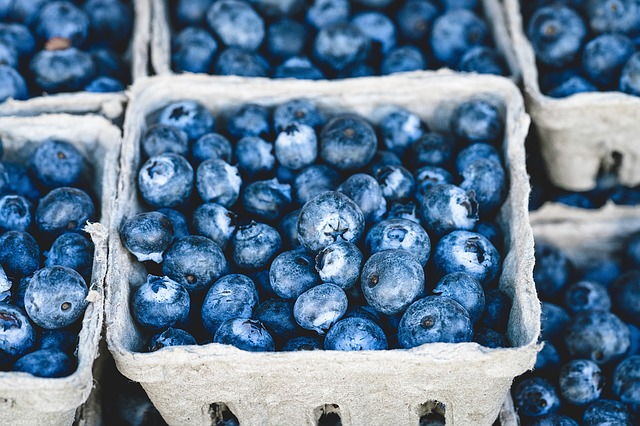
Don’t: Keep an eye on the cooking of vegetables, especially fried or boiled vegetables with butter. The only fruit you have to avoid is the coconut because it is rich in saturated fats that are unhealthy for the heart.
Do: Eat fresh vegetables, legumes (beans, lentils and peas) boiled, baked, steamed or cooked with a little oil. Cooking with seasoned vegetables or vegetables with lemon juice or a little oil is the best way to benefit from the nutrients of vegetables. For dessert or munchies, abuse fresh fruits but eat with moderation natural fruit juice.
BREAD AND GRAINS
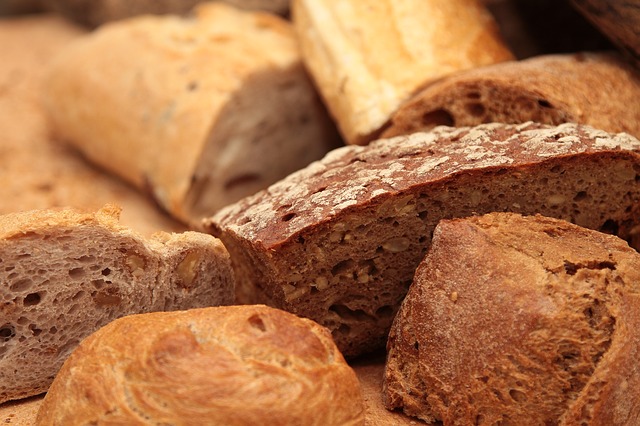
Don’t: Reduce your amounts of pastries which contain large amounts of fat (doughnuts, croissants, Danish pastries).In terms of starches, avoid fried rice, fried potato chips and French fries.
Do: Arabic or brown bread. Plain spaghetti or rice (without ghee or high fat sauce). Grains with no added fat. Baked or boiled potatoes.
DRINKS

Don’t: You should limit your intake of caffeine in terms of soda, coffee and tea as they all promote mineral and fluids excretion from your body, which ultimately leaves your skin dry, dehydrated and lacking in lustre.
Do: Drink herbal teas and fresh juice to stay hydrated and benefit from vitamins.


